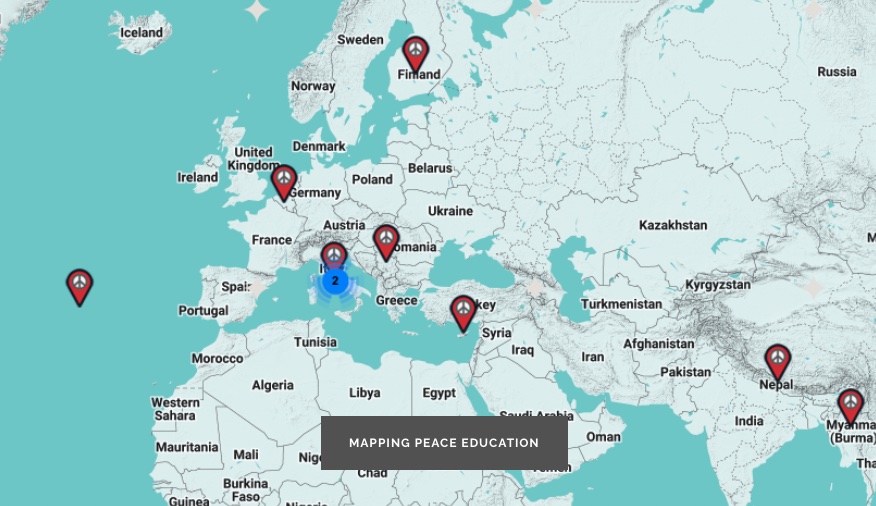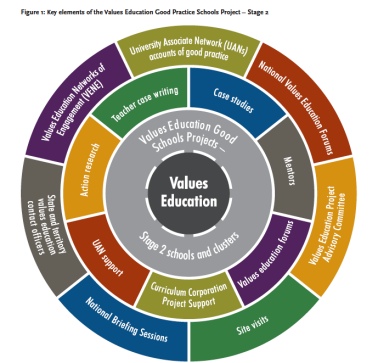Mapping Peace Education is a global research initiative coordinated by the Global Campaign for Peace Education in partnership with several leading organizations engaged in peace education research and practice.
In development since early 2019, Mapping Peace Education is an open-access, online resource for researchers, donors, practitioners, and policy-makers who are looking for data on formal and non-formal peace education efforts in countries around the world to develop contextually relevant and evidence-based peace education to transform conflict, war, and violence.
The country-level data is intended for multiple research and action planning purposes, including:
- Assessment of gaps between formal peace education legislation and implementation
- Comparative analysis of conflict contexts and educational approaches
- Qualitative, and potentially quantitative, assessment of peace education methods in transforming conflict and building peace in various contexts
- Planning and assessment for donors and practitioners seeking to develop and/or support contextually relevant, effective, evidence-based peace education initiatives
- Networking and connecting researchers, educators and donors

Country-Level Peace Education Profiles
Mapping Peace Education takes a macro view, analyzing peace education developments at the country level. Country profiles seek to illuminate the interdependence between context and approach. Each profile analyzes historical and present circumstances of violence, conflict and injustice. Significant peace education efforts & approaches, historical and contemporary, as well as legislative and policy initiatives, are also described and analyzed. While the profiles are macro in scope, they include comprehensive links to organizations, models, news, and research on peace education in each country for deeper analysis. Country profiles are developed and maintained by experts in the field of peace education who are, in most cases, representatives or members of the various project partner organizations. Profiles are developed by teams of in-country experts (with rare exceptions), with some input from external researchers. Research teams help assure the diversity of views and approaches to peace education in a given country are equally considered and analyzed.
Mapping peace education in every country around the world is an ambitious task! The initial launch of the project included approximately 12 countries. Another dozen or so profiles are currently in development with the goal of adding 20-30 new country profiles annually.


